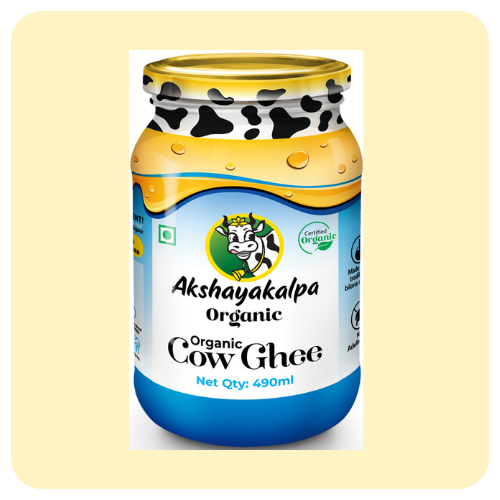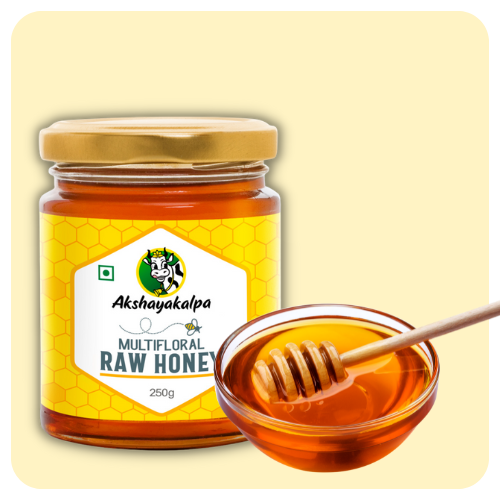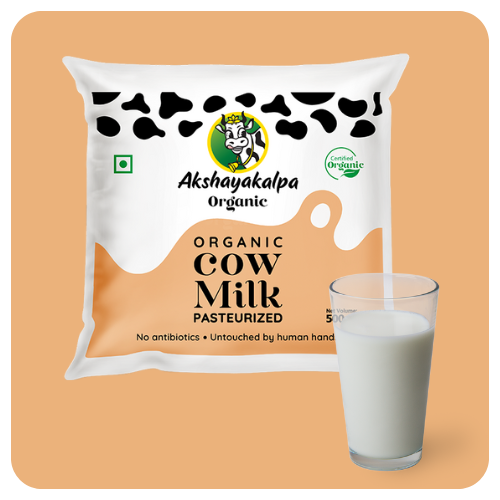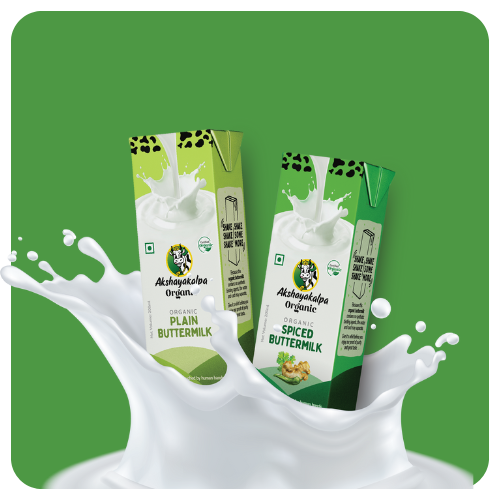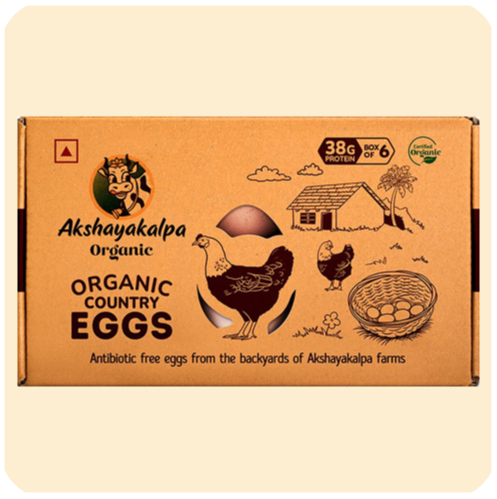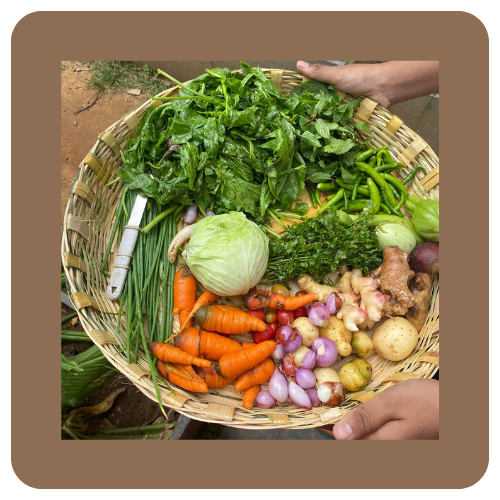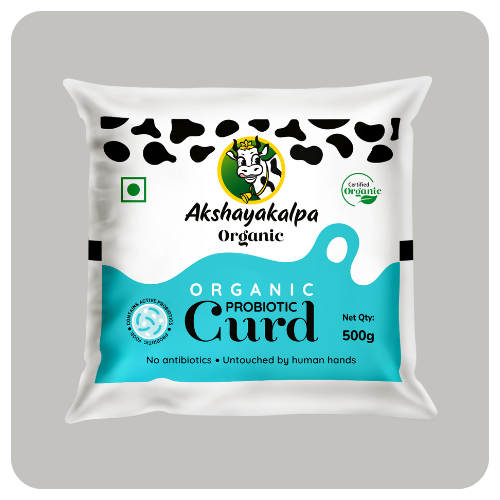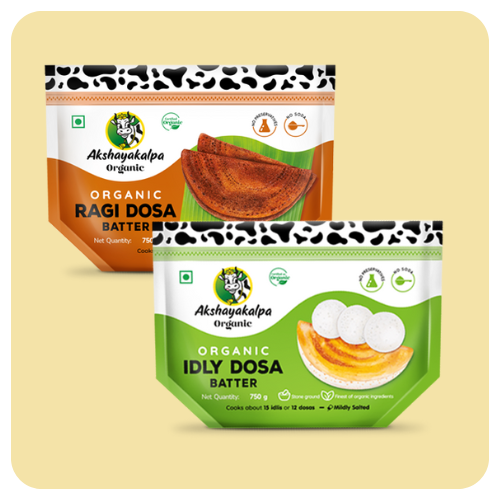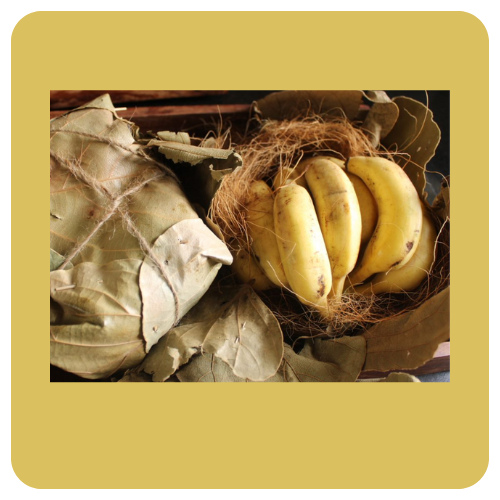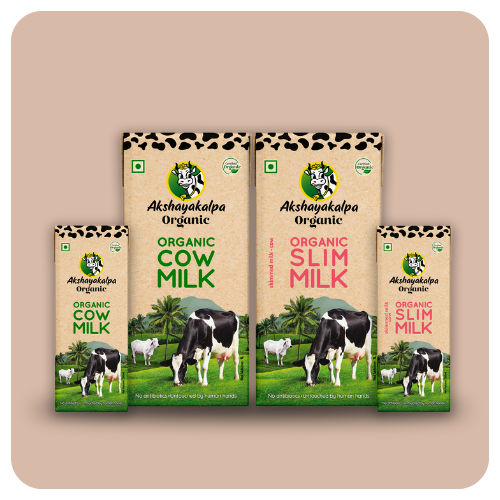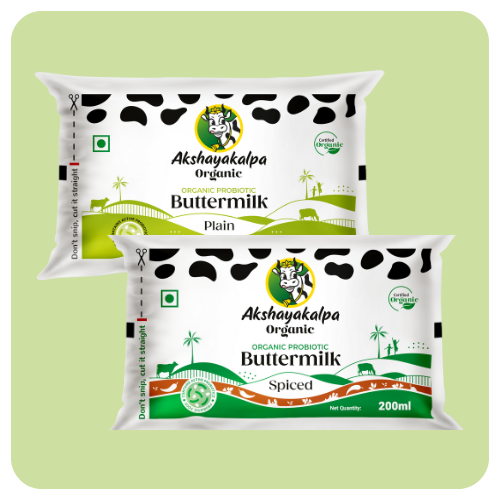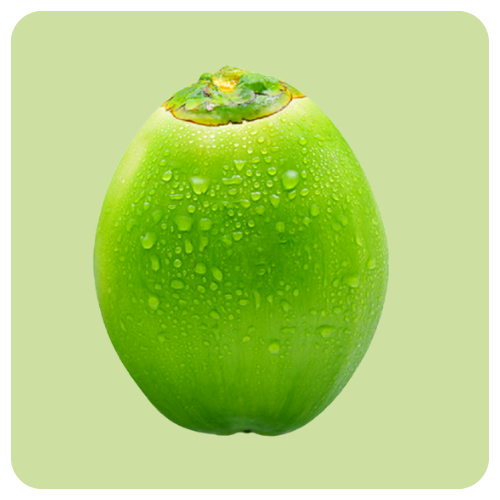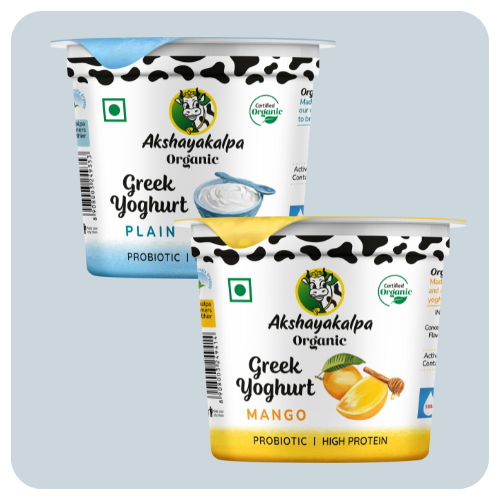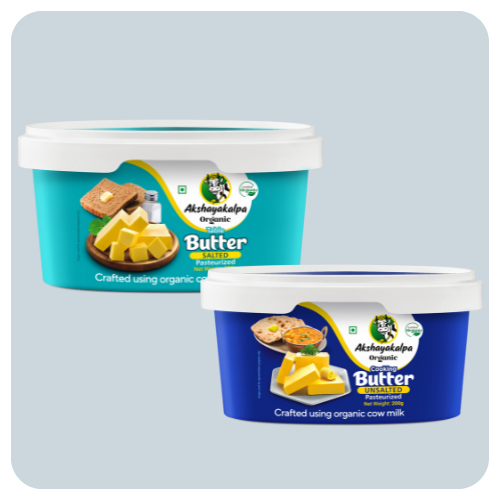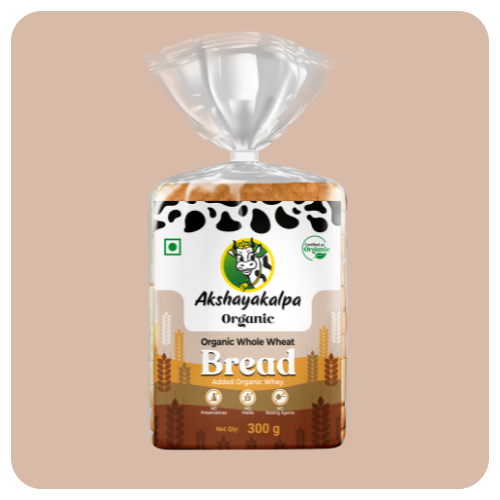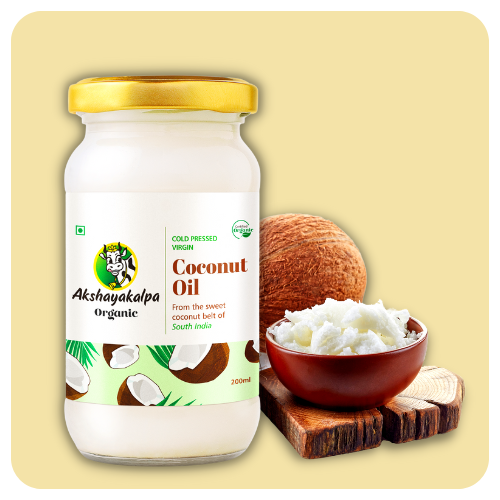Curd: The food of tomorrow!
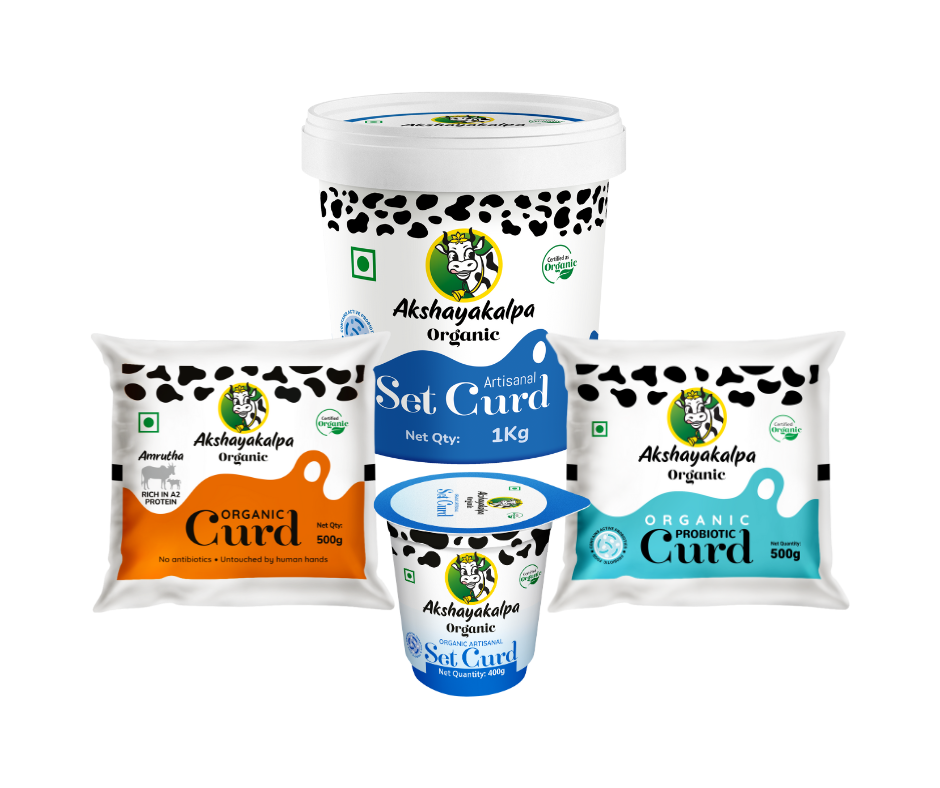
When popular journalist Dorothy Day said, “Food for the body is not enough; there must be food for the soul.” – she was probably talking about food that makes us feel better when we’re sick, warms us from the inside on a cold dreary evening or simply helps us relax after a stressful day. And for many of us this is a simple, everyday food – CURD!
Fresh curd finds itself in most Indian households. Rarely the star of the meal but missed if not present. And while often taken for granted, this humble has beginnings that goes back a few thousand years!
Believed to be discovered as a result of milk turning ‘sour’ in warm temperatures, the first mention of curd dates back to 5000 BC, during the Neolithic period in Mesopotamia (Today known as modern day Iraq and Kuwait), making it over 7000 years old.
The word yogurt, another name for curd in many parts of the world is derived from Turkish word ‘Yogurmak’ – which means to thicken, coagulate or curdle – hinting at the process by which milk is made into curd. The word ‘Yog’ means ‘to intensify’, like seen in the process of fermentation. Turkish texts mention yogurt being enjoyed by nomadic Turks.
Excavation of pottery from the Neolithic period also shows evidence of people of that time using earthen pots to preserve milk and curd. The Greek civilization too included curd as a part of their diets, although it was considered food only for peasants. Indian history too places spiced flavoured yogurt in the reigns of King Akbar.
But what is the reason that the popularity of this food spans not just the globe but across millenniums too? While the army of Genghis Khan in the 12th and 13th centuries attributed the bravery of their soldiers to regular curd consumption, today’s benefits of curd are based in science.
Organic and fresh curd is a rich source of probiotic bacteria which helps improve gut health and aid with digestion. The calcium found in curd aids development of strong teeth and bones. Its high-quality protein facilitates weight loss. Curd has in it a wide variety of micronutrients and minerals like zinc, vitamin B12, potassium and magnesium which are essential for the overall well being of the human body. They help regulate blood pressure, lower cholesterol and keep heart diseases at bay.
The benefits of curd are also known worldwide for cosmetic reasons. Vitamin E, zinc, phosphorus and other micro-minerals in curd can firm up your skin, reduce acne, and reverse the signs of aging. A hair mask made of curd can help reduce dandruff and it is one of the most proven remedies to treat sun-damaged skin. Curd keeps skin moisturized, supple and soft.
The quality of curd depends on the quality of its primary ingredient – milk. Akshayakalpa Organic curd is crafted from Akshayakalpa Organic milk that is free from antibiotics, synthetic hormones and chemical residues. It is crafted using traditional practices and has no additives or artificial preservatives. Whether as a part of your daily diet or skin care regime, fresh organic curd is always a good idea!
